RoboRoyale – ROBOtic Replicants for Optimizing the Yield by Augmenting Living Ecosystems
In the center of a honeybee colony the queen plays a special role. She produces all the necessary eggs to keep up the worker population of the colony, and occasionally also the eggs for the drones and young queens that are necessary to create new colonies that seek new homes in the habitats. To be able to perform this crucial role within the colony, the queen is supported by a group of worker bees that care for her by feeding her, by cleaning her and by inspecting her. In order to do so, these bees pick up essential pheromones from the queen, which they then spread on long-lasting walks throughout the whole hive to the rest of the colony. This way, the other workers are informed about the presence and the health state of the queen. In this project we have the following objectives:
1.) Observe the queen with a robotic system to study this crucial subsystem of the colony, in order to progress in the fundamental understanding of colony integration.
2.) Replace some of the court bees by robotic surrogates to test if we can supply the queen with extra food or medicine in such a minimally invasive way.
3.) Modulate colony-level variables (e.g. pollination flight activity or population strength) by adjusting microscopic-level parameters of the queen court subsystem.
Step 1: Observe and study the queen court system
Step 2: Create a computational model of the court bees‘ behaviors
Step 3: Re-embody these behaviors into a team of robotic surrogates
Augmenting the Queen Court
This figure shows the core concept of RoboRoyale. By creating a few robotic surrogates for the court bees the behavior of the queen bee will be modulated, e.g. boosting brood production by a rich proteinaceous supply with food. The increased brood demand will trigger more flights for pollen and nectar, thus also increasing pollination service provided by the bees to the surrounding ecosystem.
Besides that the queen’s behavior will be monitored closely by the robots and their sensors, thus these systems provide valuable data for health assessment and prediction of future colony developments, which will be supported by a computational brood nest model and by a mathematical population model of the colony.
PI: Thomas Schmickl
Project Management: Gerald Radspieler
Team: Daniel Nicolas Hofstadler, Martin Stefanec, Laurenz Fedotoff
Duration: 01.11.2021 to 31.10.2026
Partners:
THE UNIVERSITY OF MANCHESTER United Kingdom (Coordinator)
CESKE VYSOKE UCENI TECHNICKE V PRAZE Czechia
MIDDLE EAST TECHNICAL UNIVERSITY Turkey
Programme: H2020-EU.1.2.1. – FET Open
Topic: FETOPEN-01-2018-2019-2020 – FET-Open Challenging Current Thinking
Funding Scheme: RIA – Research and Innovation action
Grant agreement ID: 964492

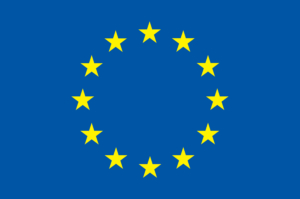
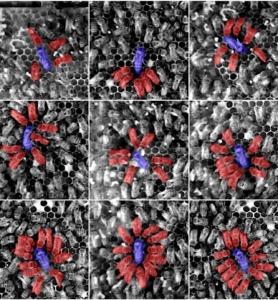
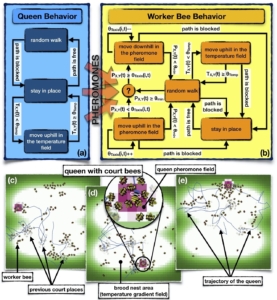
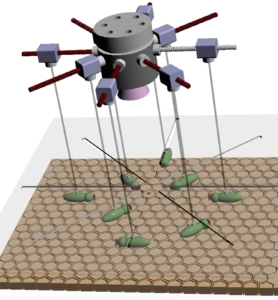
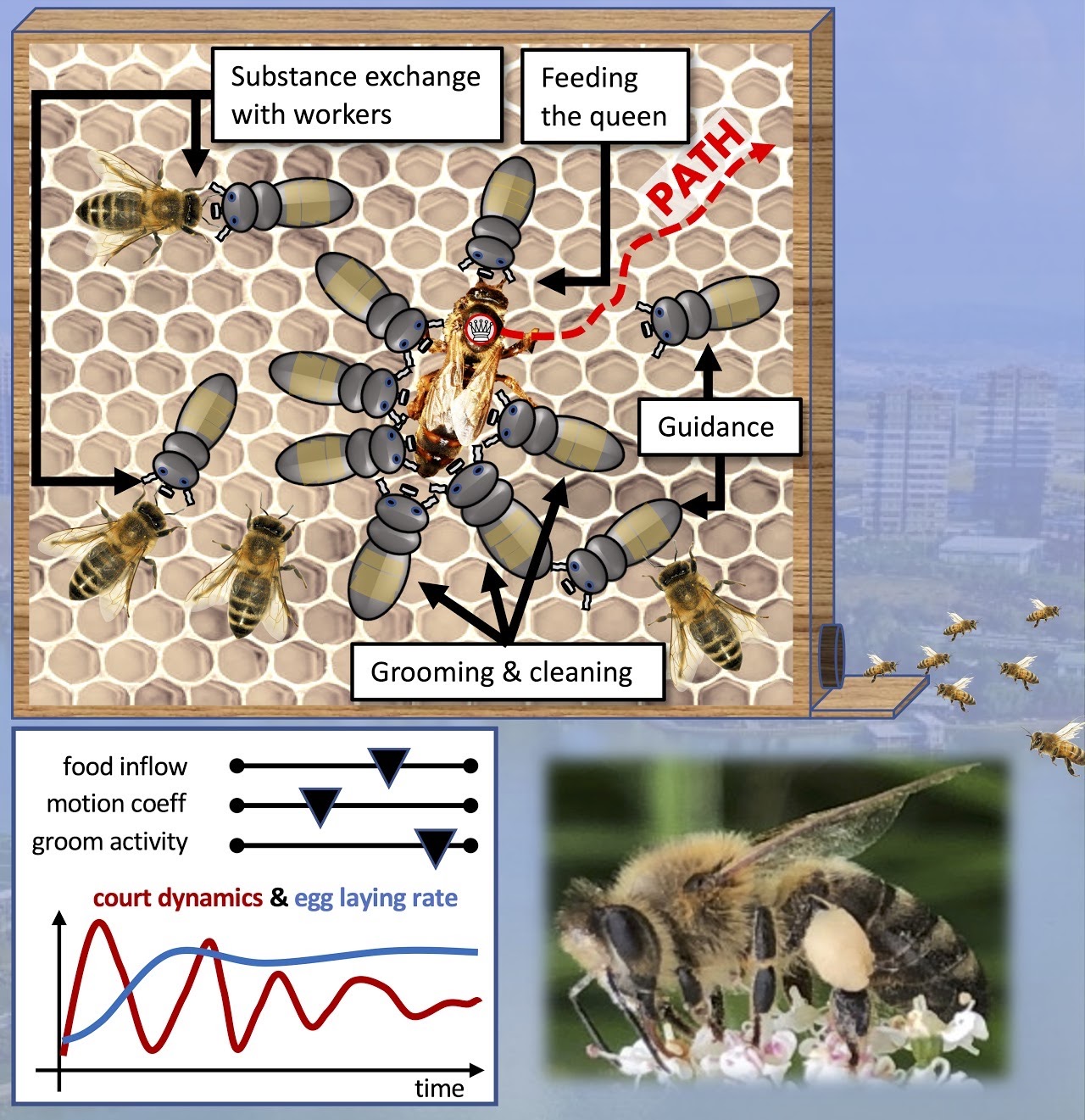

 biodimobot
biodimobot